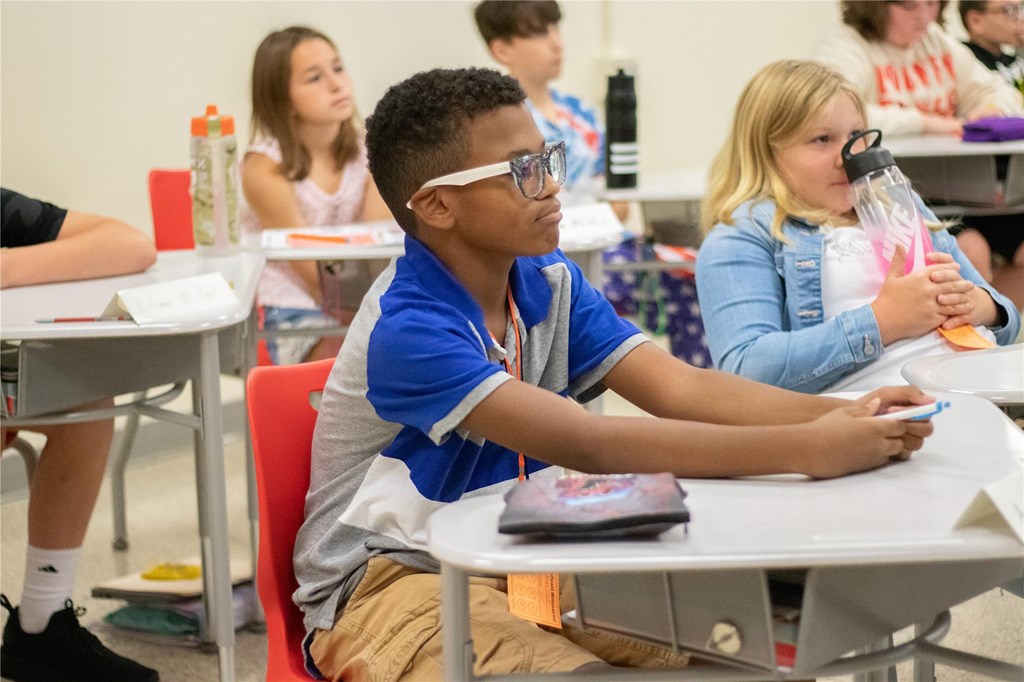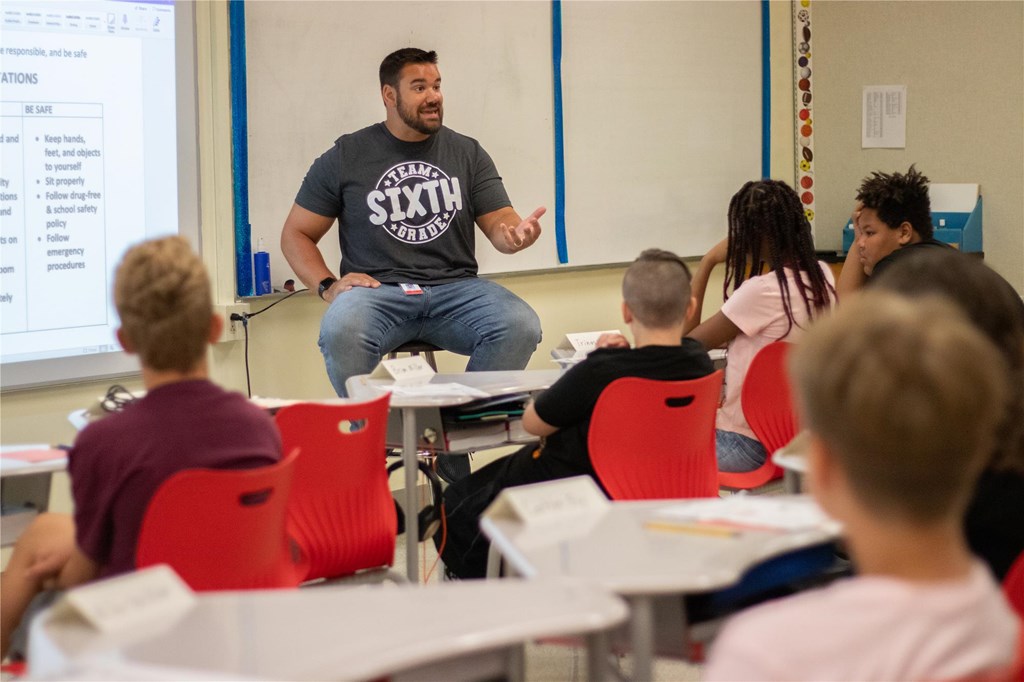Academics
Developing Sound Foundations
Lycoming Valley Intermediate School continues to build upon the foundation of curriculum and academics built in the primary school years. Reading and math continue to be focused subject areas.
Title I
Title I is a 100% federally-funded supplemental education program that provides financial assistance to local educational agencies to improve educational opportunities for educationally deprived children. Title I programs are designed to help children meet the state content and performance standards in reading, language arts, and mathematics.
Importance of Parental Engagement
A synthesis of the research concluded that “the evidence is consistent, positive, and convincing: families have a major influence on their child’s achievement in school and through life. When schools, families, and community groups work together to support learning, children tend to do better in school, stay in school longer, and like school more.” Studies have found that students with engaged parents, no matter what their income or background, are more likely to:
- earn high grades and test scores, and enroll in higher–level programs
- pass their classes, earn credits, and be promoted
- attend school regularly
- graduate and go on to postsecondary education
Parent Engagement & Home-to-School Compacts
Title I stresses the priority of home and school working together in collaboration. Each year, every school that receives Title I services reviews the home to school compact with their working parent organization such as PTO, PTA , CSO, etc. Each school must develop, jointly with parents of children participating in Title I, Part A services, a written school parental involvement policy that describes how the school will carry out the parental involvement requirements including the development of a School–Parent Compact. If the school already has a parental involvement policy that applies to all parents, the school may amend that existing policy, if necessary, to meet the requirements. Schools must update these policies periodically to meet the changing needs of parents and the school.
Lycoming Valley Intermediate Home School Compact Lycoming Valley Intermediate Parent Engagement Policy
Literacy
Wonders 2023
Wonders 2023 is an evidence-based K–5 ELA program that empowers students to take an active role in learning and exploration. Best-in-class differentiation and ELL resources support strong outcomes for all learners, and meaningful, authentic literature invites students to explore our world and learn more about themselves and each other in the process.
StudySync (Grade 6)
StudySync is a complete ELA curriculum designed to meet the rigorous academic needs of today’s classroom. In print or online, StudySync is designed to engage every student, because every student deserves the same opportunity and access in the classroom, regardless of his or her native language or learning level.

Accelerated Reader
This component of the independent reading program encourages students in grades one through eight in the Williamsport Area School District to read books. Students take a computer-based test and earn points. School-based libraries will have appropriate books marked AR. You can search by book level, author, or title by viewing our online database to see if a book is an AR title.Math
GO Math!
GO Math! combines 21st century technology with modern content, dynamic interactivities, a variety of instructional videos to engage today’s digital natives, and multiple ways to support learning aligned to academic standards. According to its website, “Every student is supported through the universal access features of the program as they learn to think critically and apply their math knowledge.”

Full Option Science Systems (FOSS)
Science is an active enterprise, made active by our human capacity to think. Scientific knowledge advances when scientists observe objects and events, think about how they relate to what is known, test their ideas in logical ways, and generate explanations that integrate the new information into the established order. The scientific enterprise is both what we know (content) and how we come to know it (process). The best way for students to appreciate the scientific enterprise, learn important scientific concepts, and develop the ability to think critically is to actively construct ideas through their own inquiries, investigations, and analyses. The FOSS program was created to engage students in these processes as they explore the natural world.